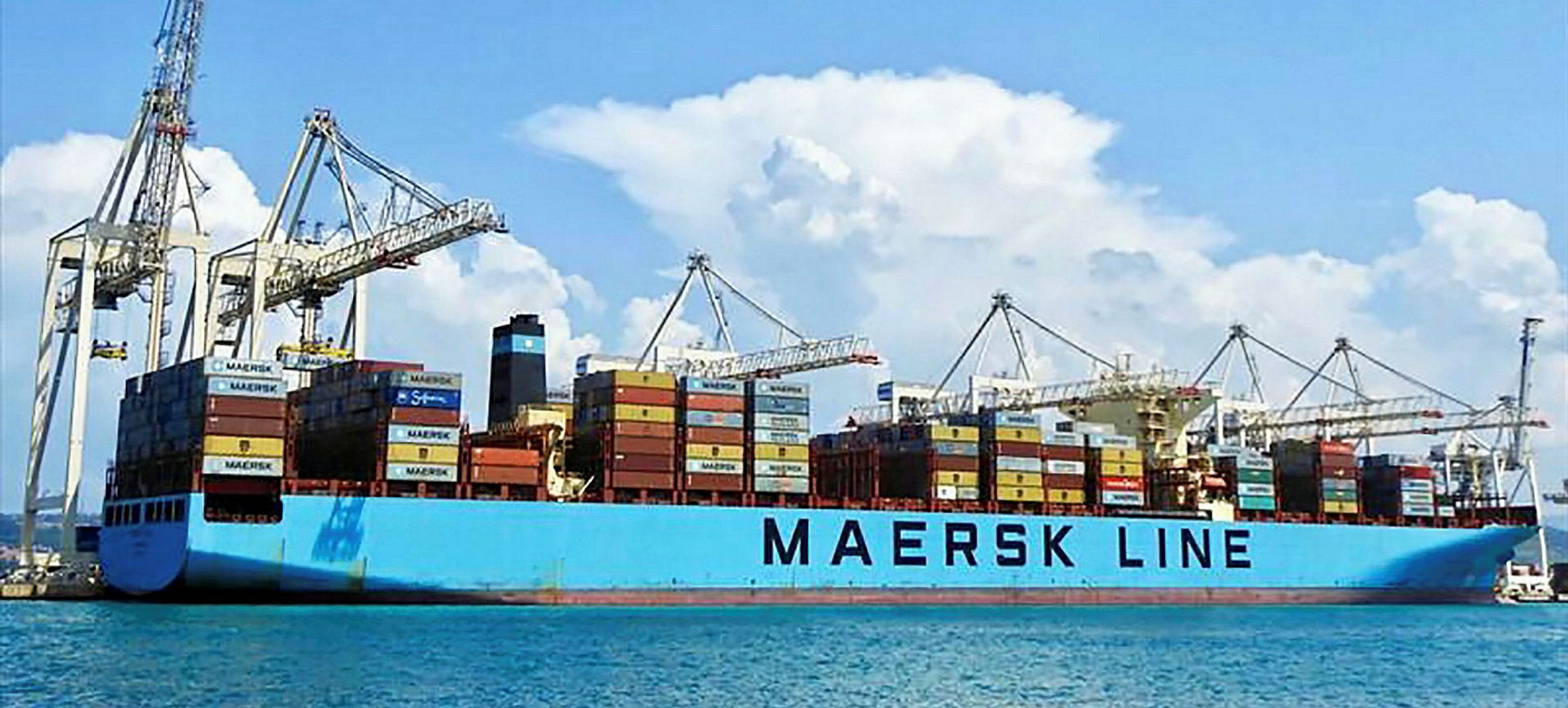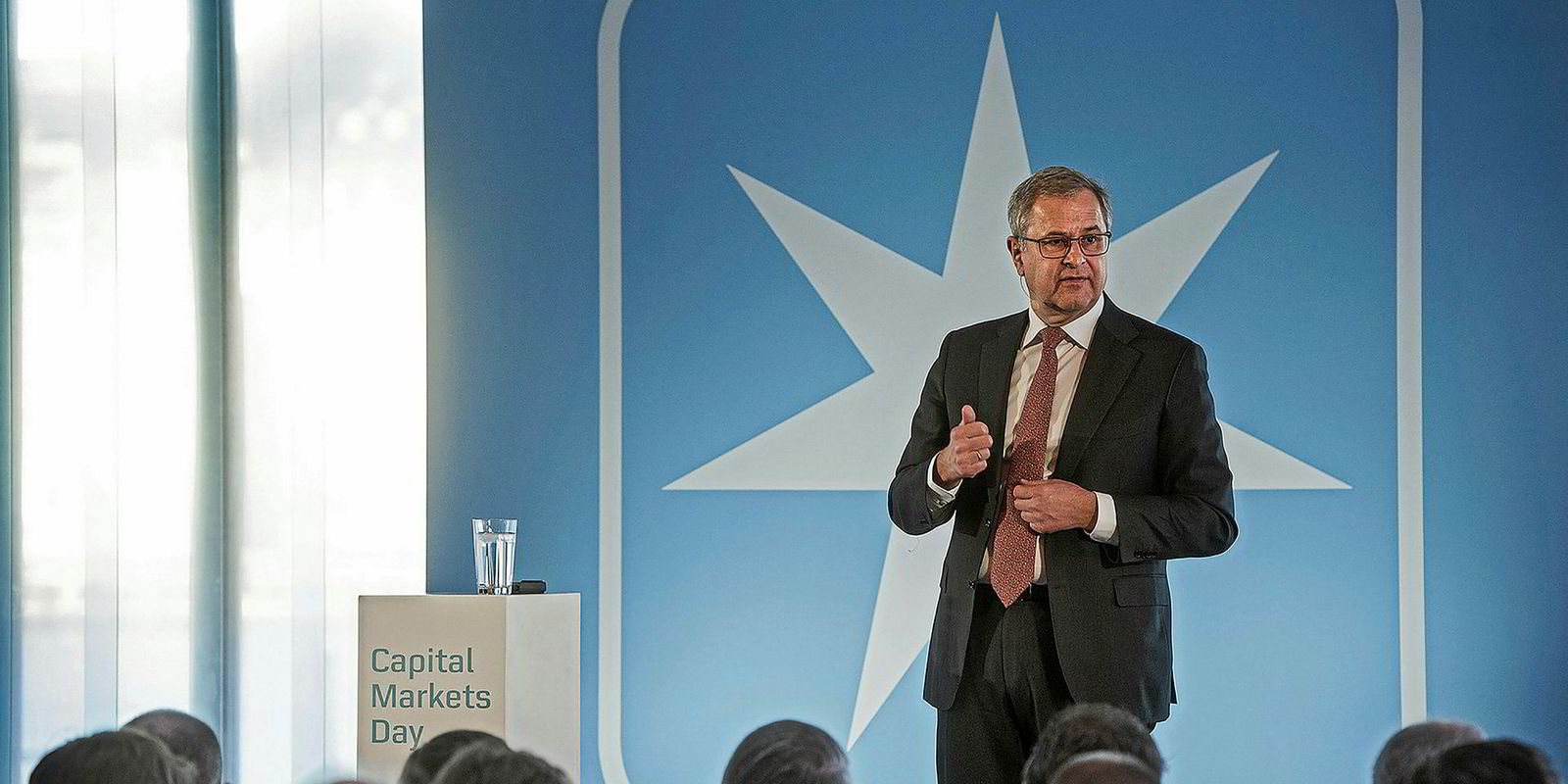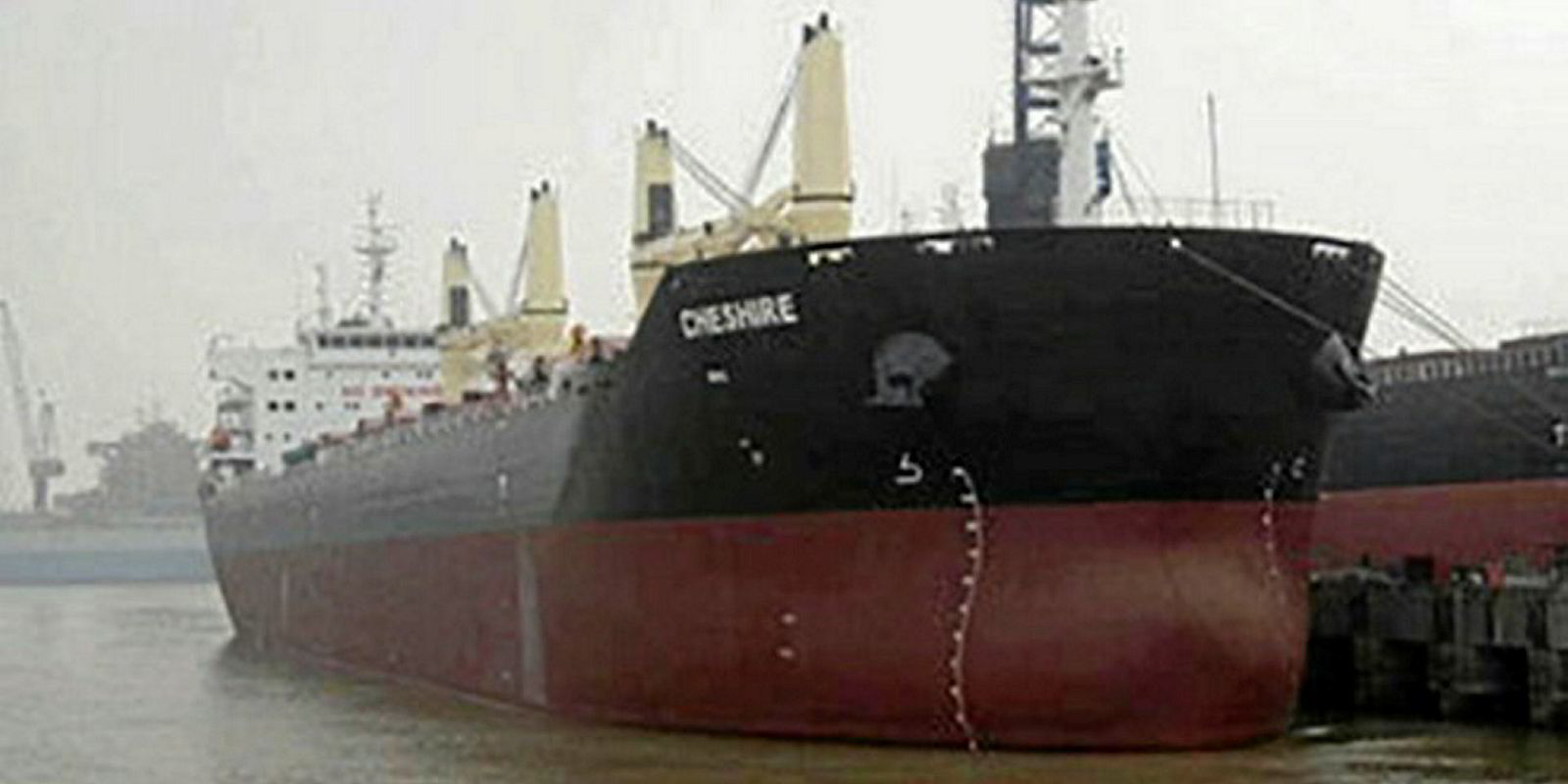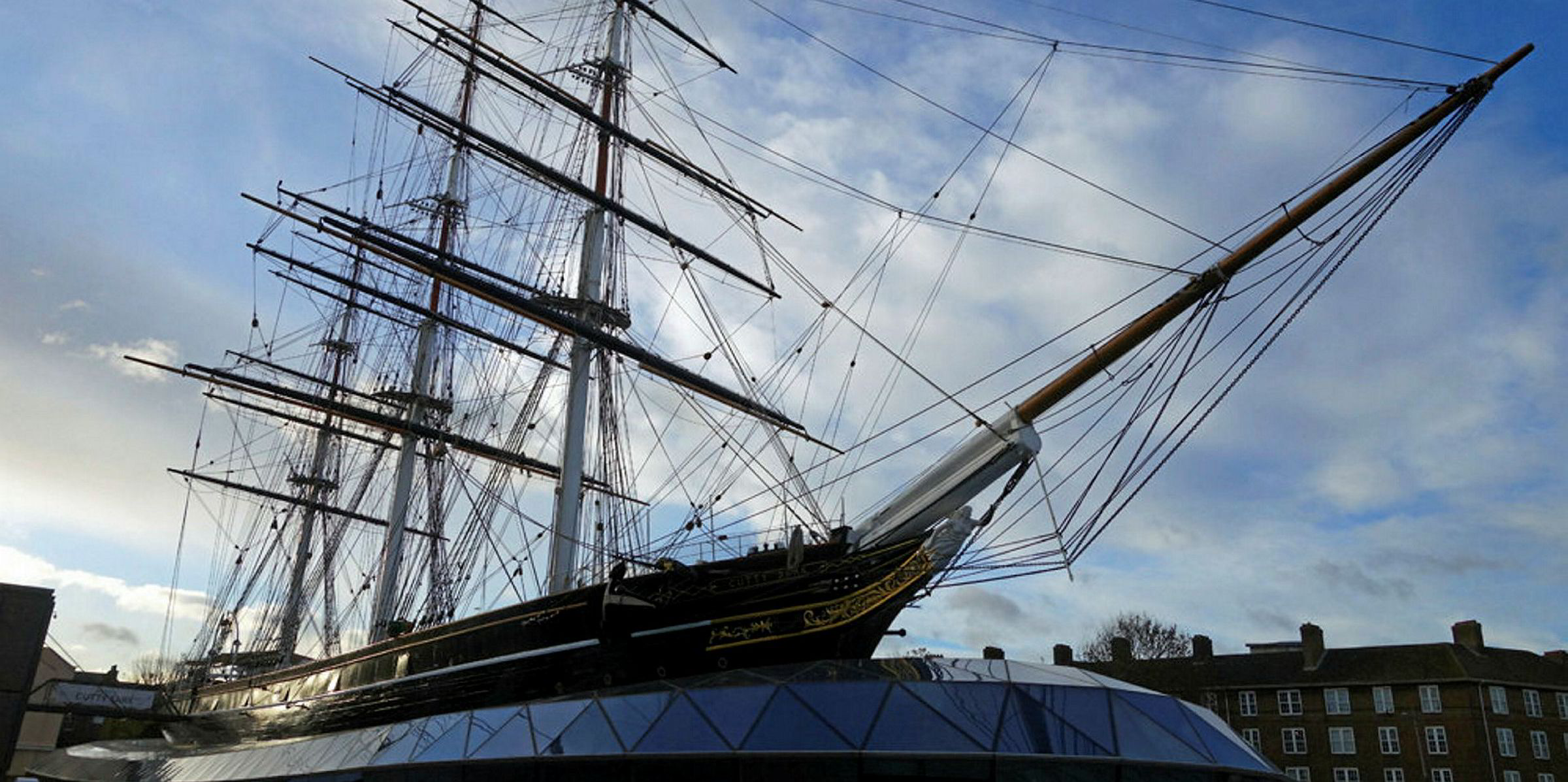Maersk Line has “no plans” to leave the UK tonnage tax regime, despite discontinuing its intake of UK cadets, TradeWinds has learned.
Questions arose over Maersk’s plans to leave the UK tonnage tax when the line published its Manning the Future strategy document this week.
The document, seen by TradeWinds, states Maersk will end its intake of cadets from the UK and South Africa.
It will also reduce its intake from the Philippines and increase the number of Danish and Indian cadets.
Trade union Nautilus warned a move by Maersk to exit the UK tonnage tax and tax its ships off the UK Ship Register would "have a serious impact on seafarer jobs and the stability of the UK industry".
However, TradeWinds has learned the Danish line has only one vessel remaining under the UK tonnage tax regime - the 6,690-dwt, Dutch-flagged containership, Maersk Kimi (built 1998).
The tonnage tax regime does not include a UK flag requirement, but does include a training requirement under which companies must commit to providing training for UK cadets.
Not doing so constitutes a failure to meet the tonnage tax’s statutory commitment.
So the prospect of UK cadets being absent from Maersk ships in the future appears to have fuelled speculation that shipowner was exiting the UK tonnage tax.
Maersk Line told TradeWinds on Friday it would continue to fulfill its obligations under the regime.
“As part of Maersk Line's long-term crew strategy, we have decided to adjust the sourcing areas for our international cadet intake,"Maersk Line said in a statement emailed to TradeWinds.
"This will result in a significant reduction of cadets that we recruit from countries such as South Africa and UK.
“All cadets will be given the opportunity to complete their contractual training period to qualify as an Officer of the Watch, enabling them to meet international employment terms.”
When asked if Maersk Kimi would exit UK tonnage tax regime at the end of its 10-year-long election window, a Maersk Line spokeswoman told TradeWinds: “We have no plans for that yet.”
Then again, actively opting out of the regime may not need to be an option for Maersk – the 20-year-old vessel is likely to become demolition candidate within the next few years.
Red duster
Maersk Line has not had any owned container vessels flying the UK flag since December 2015, although the red ensign is flown by four of its chartered-in vessels.
Neither does Maersk Supply Services have any offshore supply vessels currently registered under the UK flag, “albeit having a few vessels under the Isle of Man flag (which is considered to be separate from the British flag),” Maersk said.
The fate of Maersk’s owned fleet of Svitzer tugs, of which 63 vessels fly the red ensign, remains unclear.
The UK Ship Register declined to comment when approached by TradeWinds.
Forthcoming budget?
Well-placed sources have told TradeWinds the UK Treasury may call an emergency budget during the coming week or weeks, in which amendments to the UK tonnage tax which could well feature.
The UK Secretary of State for Transport, Chris Grayling, is said to be keen to make improvements to the regime.
The UK tonnage tax has been a huge generator of revenue and has boosted the UK-owned fleet by an average 5.1% year-on-year growth since the regime’s introduction in 2000.
In 2017, consultancy CEBR estimated the value of tonnage tax to the UK economy was around £3.1bn in 2015 alone.
Currently the UK regime is bound by the 2004 EU State Aid Guidelines (SAGs), which provide criteria for the compatibility of state aid to maritime transport with the EU internal market.
Upon leaving the EU, the UK will no longer be bound by these SAGs and is undertaking a review of how its tonnage tax may be improved post-Brexit.
However, an early draft of the tonnage tax review document seen by TradeWinds said the fundamental principles of UK’s future regime are unlikely to deviate widely from the existing SAG model.
HM Treasury, which oversees the UK’s tonnage tax policy, told TradeWinds it does not comment on tax matters.
The Danish flag
Maersk said in its Manning the Future document it would increase intake of Danish cadets, leading to speculation that the line would be increasing the vessels it has within the Danish tonnage tax.
The regime, however, does not feature a training requirement like its UK counterpart, but does mandate that ships are flagged in Denmark.
The European Commission granted an extension to the Danish tonnage tax in late 2018 to allow it to include specialised vessels such as those used in the construction of offshore windfarms.
The regime has helped the Danish flag become the world’s fastest growing ship registry in 2018.








